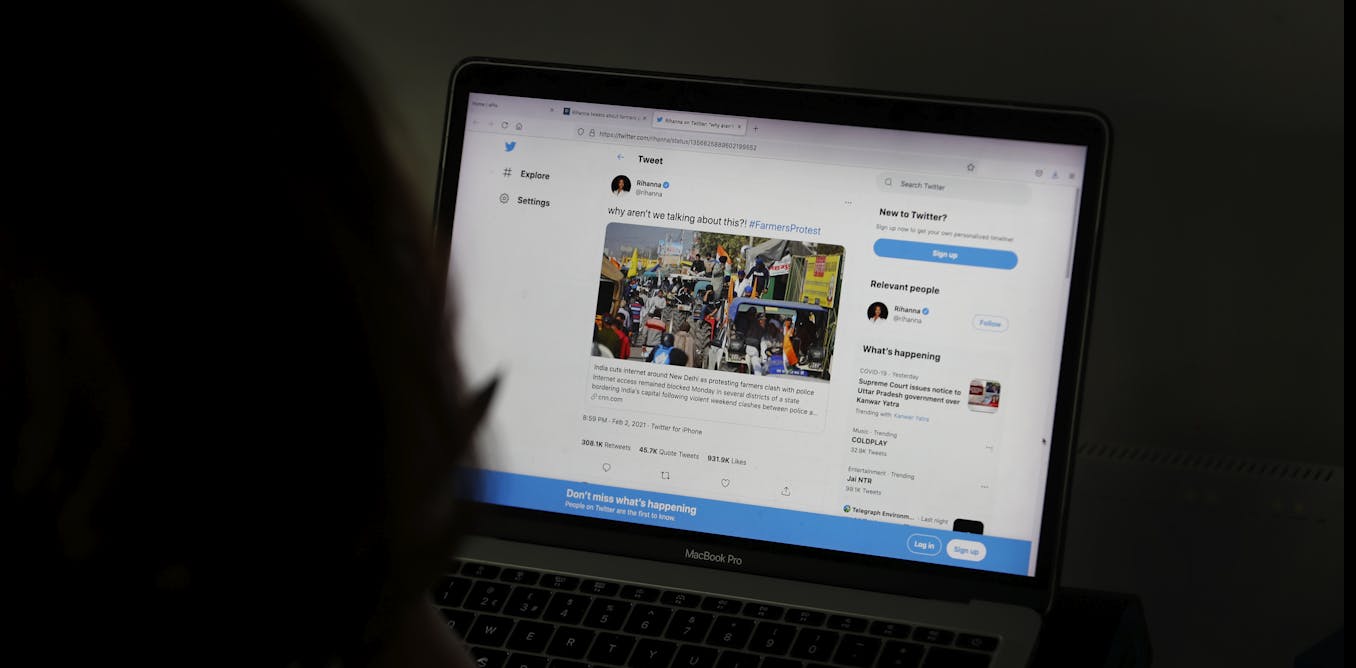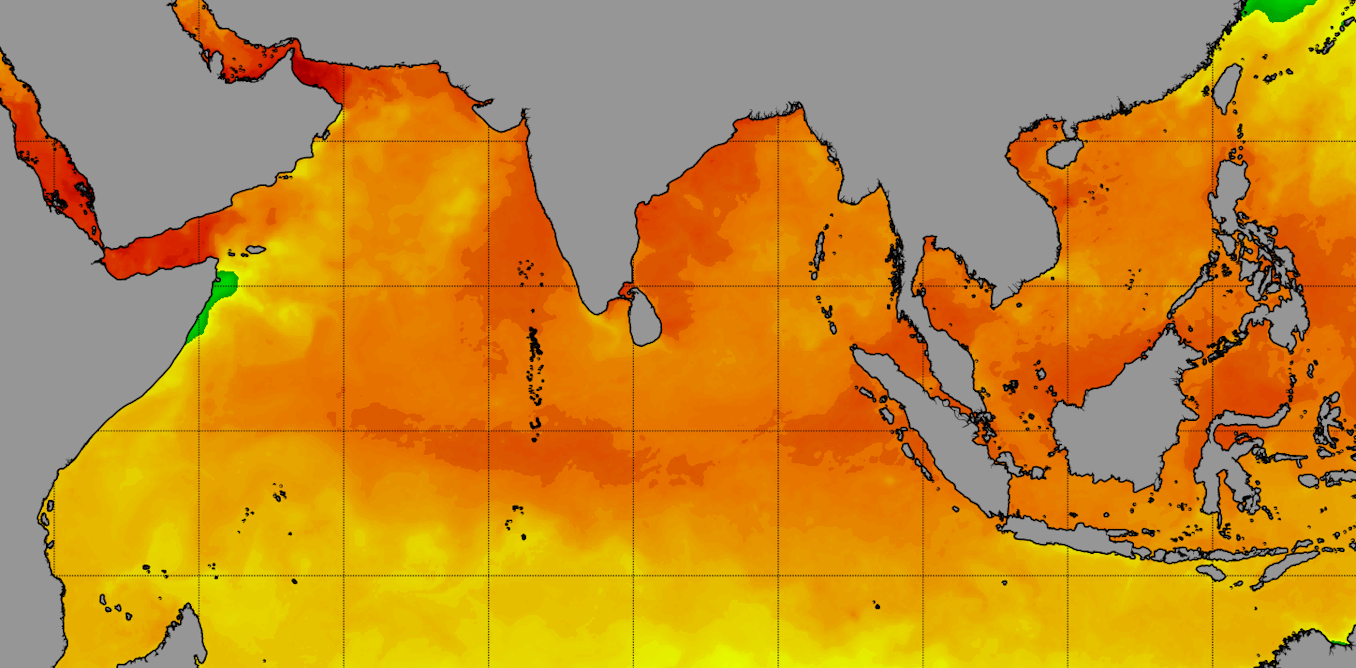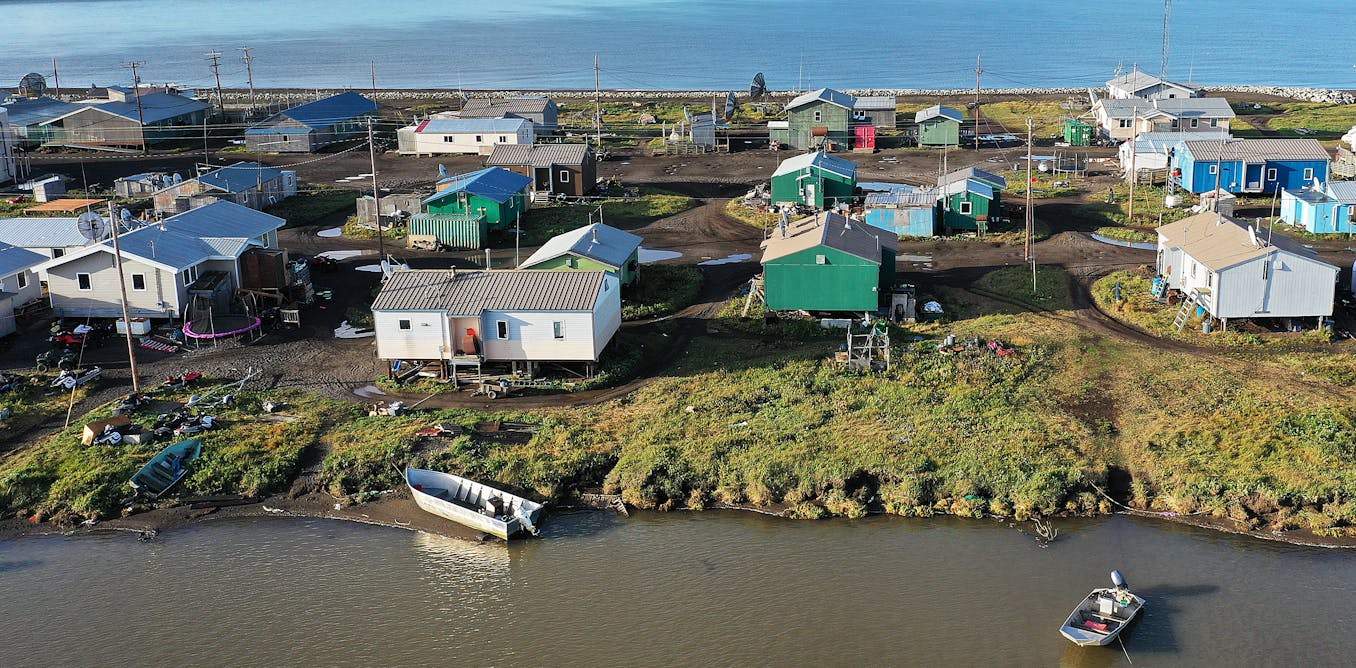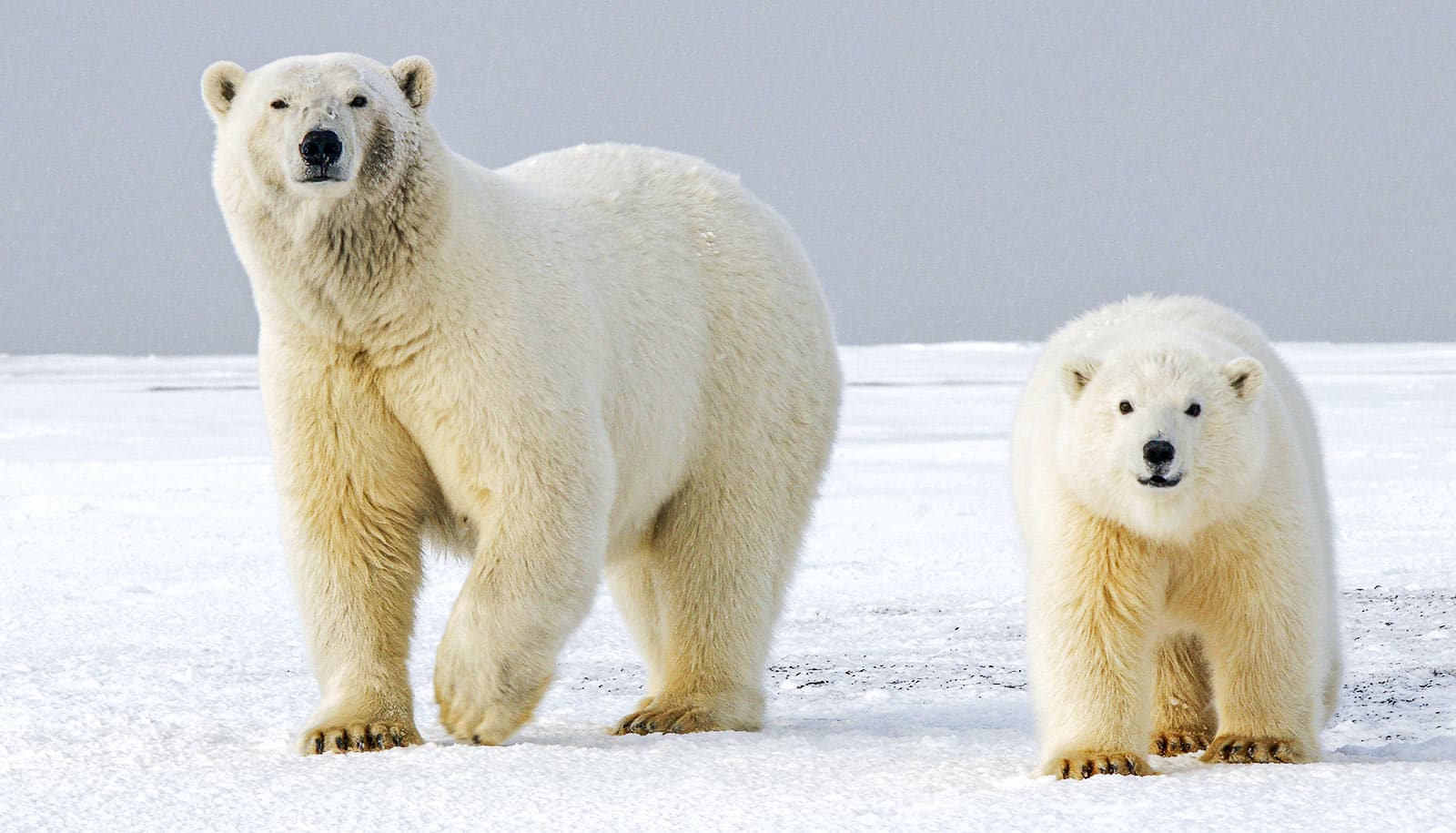Social media algorithms warp how people learn from each other, research shows
Social media companies’ drive to keep you on their platforms clashes with how people evolved to learn from each other. One result is more conflict and misinformation.
Aug. 21, 2023 • ~5 min








